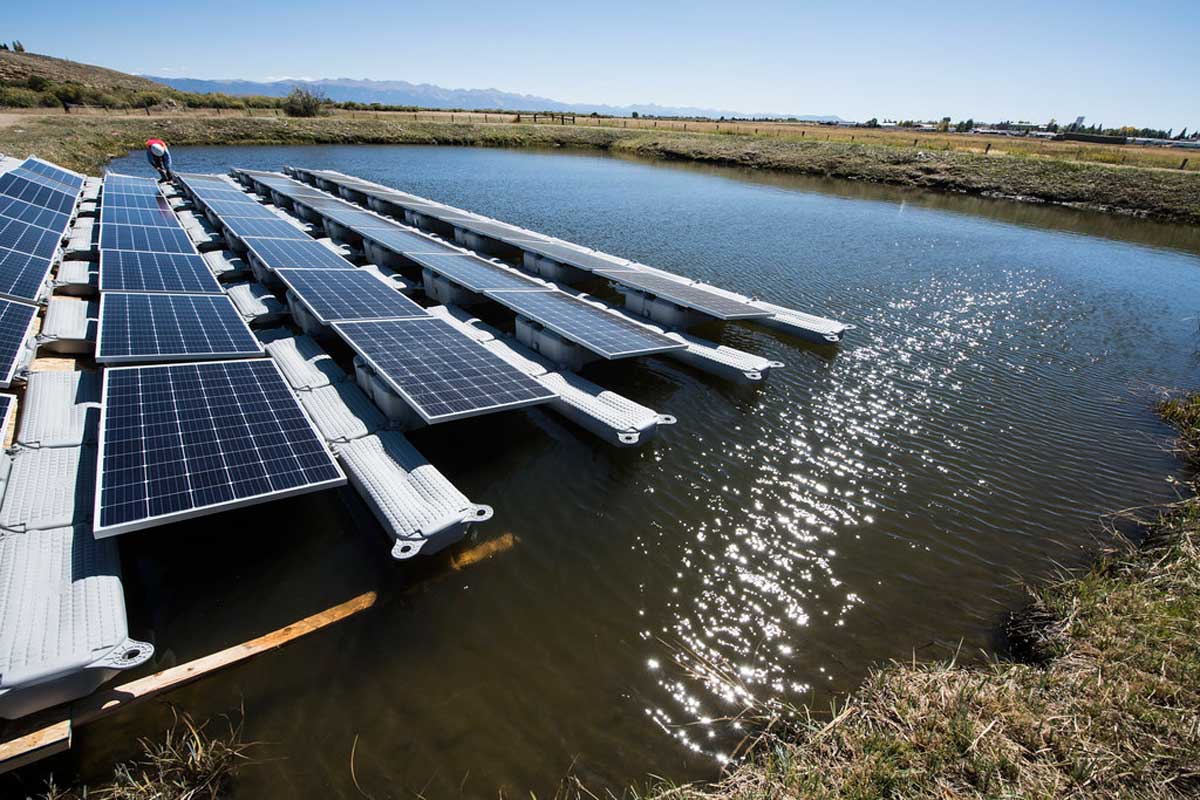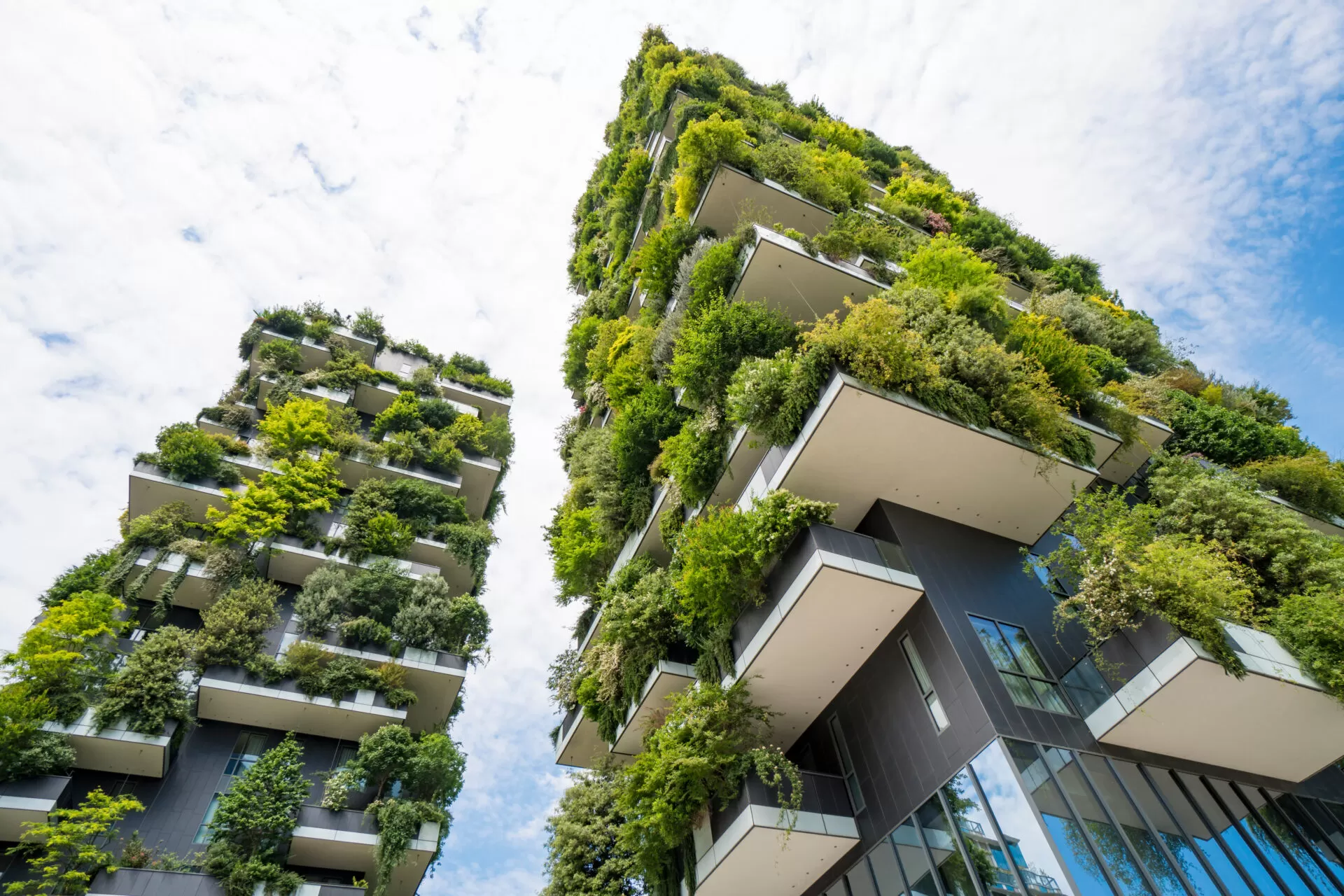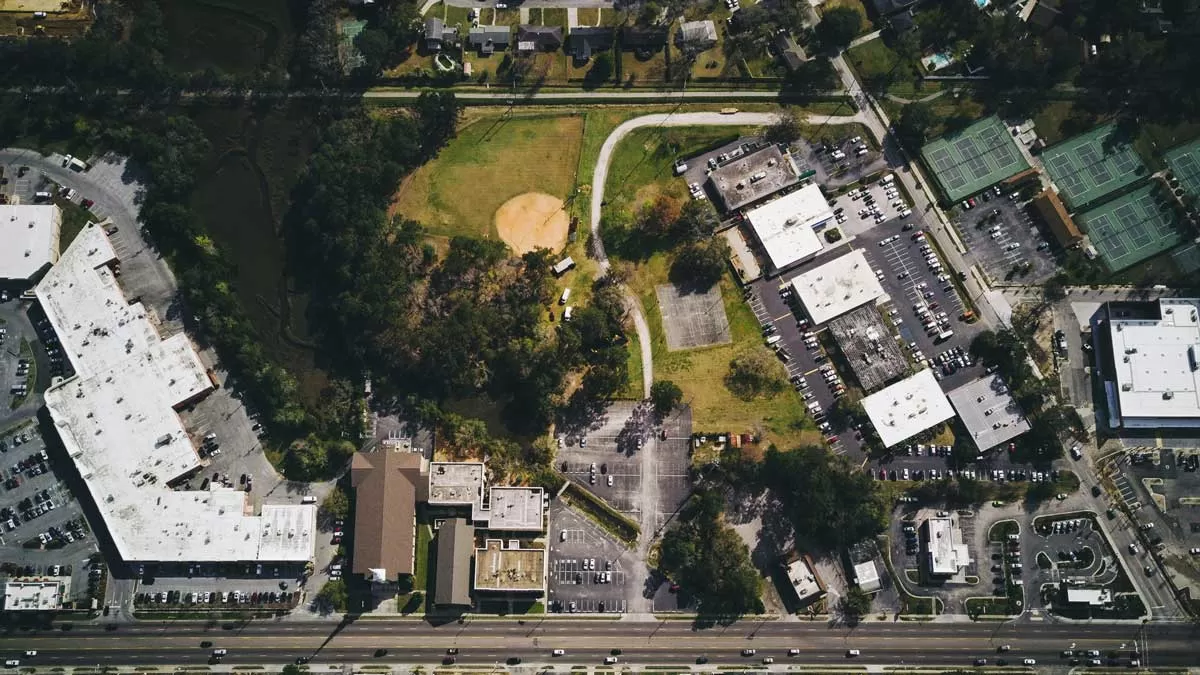
NTPC initiates study for 130-MW floating solar plant in Tripura

Transforming Real Estate with Sustainable Choices
The times are changing for the construction industry. Once associated with high carbon emissions, energy consumption, and waste, they are now waking up to the environmental cost of traditional practices. Companies are now looking to be a part of the solution instead of the problem. Using recycled materials in building projects is one of the most accessible yet significant changes. This one change has the potential to lower project costs, energy consumption, and landfill usage. Giving Old Materials a New PurposeRecycled building materials aren’t just scraps from old sites. These material..

UP Housing Board Finalises 40-Acre Development Plan in Vasundhara
The Uttar Pradesh Housing and Development Board (UPHDB) has finalised a 40-acre development plan in sectors seven and eight of Vasundhara, Ghaziabad, under a mixed land use model. The layout includes a 10-acre satellite centre for the All India Institute of Medical Sciences (AIIMS) and two major plots of 20 and 10 acres for group housing and commercial use. According to officials, the project falls under the Transit-Oriented Development (TOD) zone of the Regional Rapid Transit System (RRTS) corridor, with the Sahibabad Namo Bharat station located nearby. The auction process for the plots is e..

Marubeni To Invest Rs 10 Billion in Telangana’s Future City Industrial Park
Japanese conglomerate Marubeni Corporation has signed a Letter of Intent with the Telangana government to develop a next-generation industrial park in the state’s upcoming Future City. The announcement was made during the official visit of the Telangana Rising delegation, led by Chief Minister A Revanth Reddy, to Japan. Marubeni has proposed an initial investment of Rs 10 billion to develop the industrial park in phases over 600 acres. The park will cater to Japanese and other multinational firms seeking to establish manufacturing operations in Hyderabad. The proposed development is expect..














